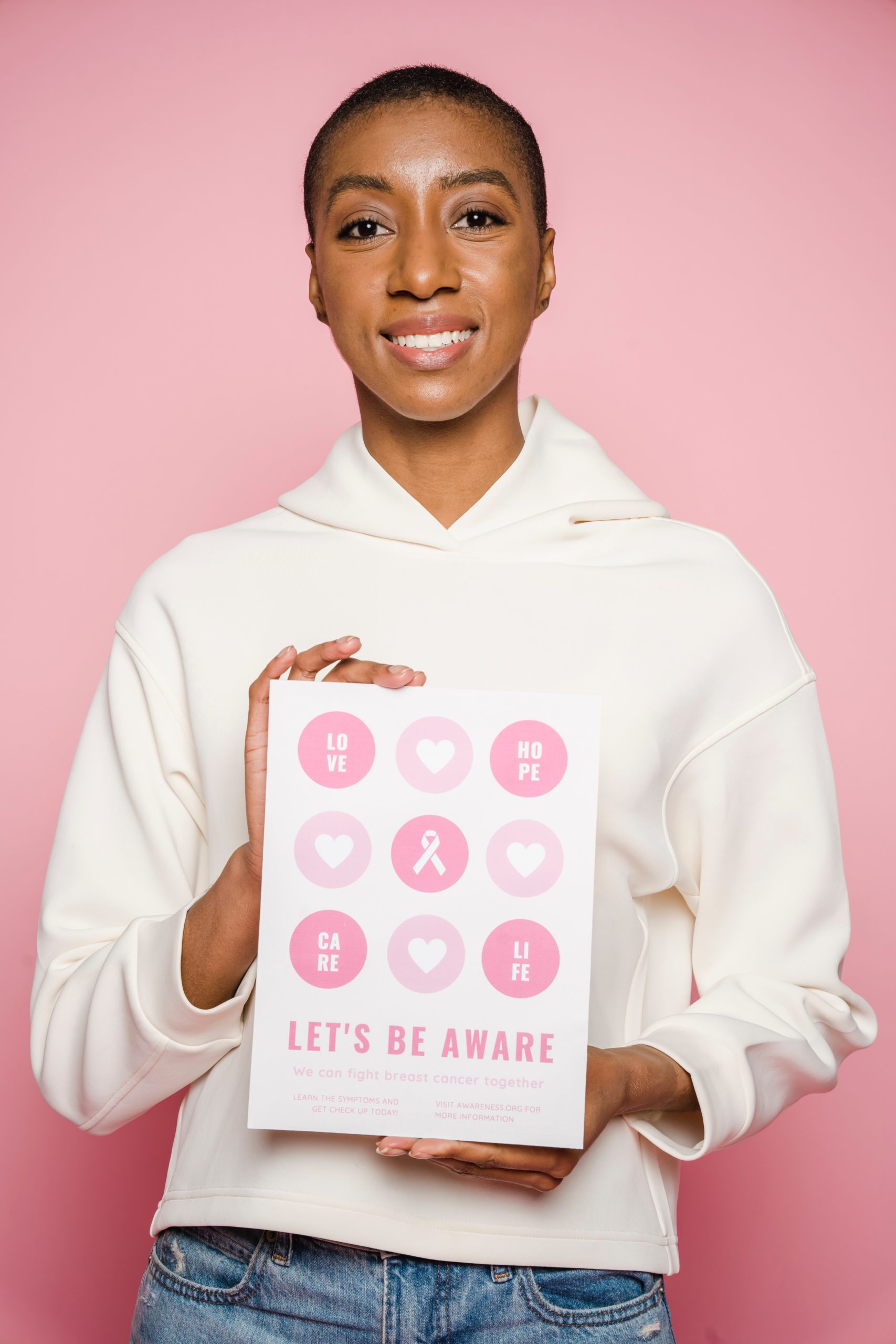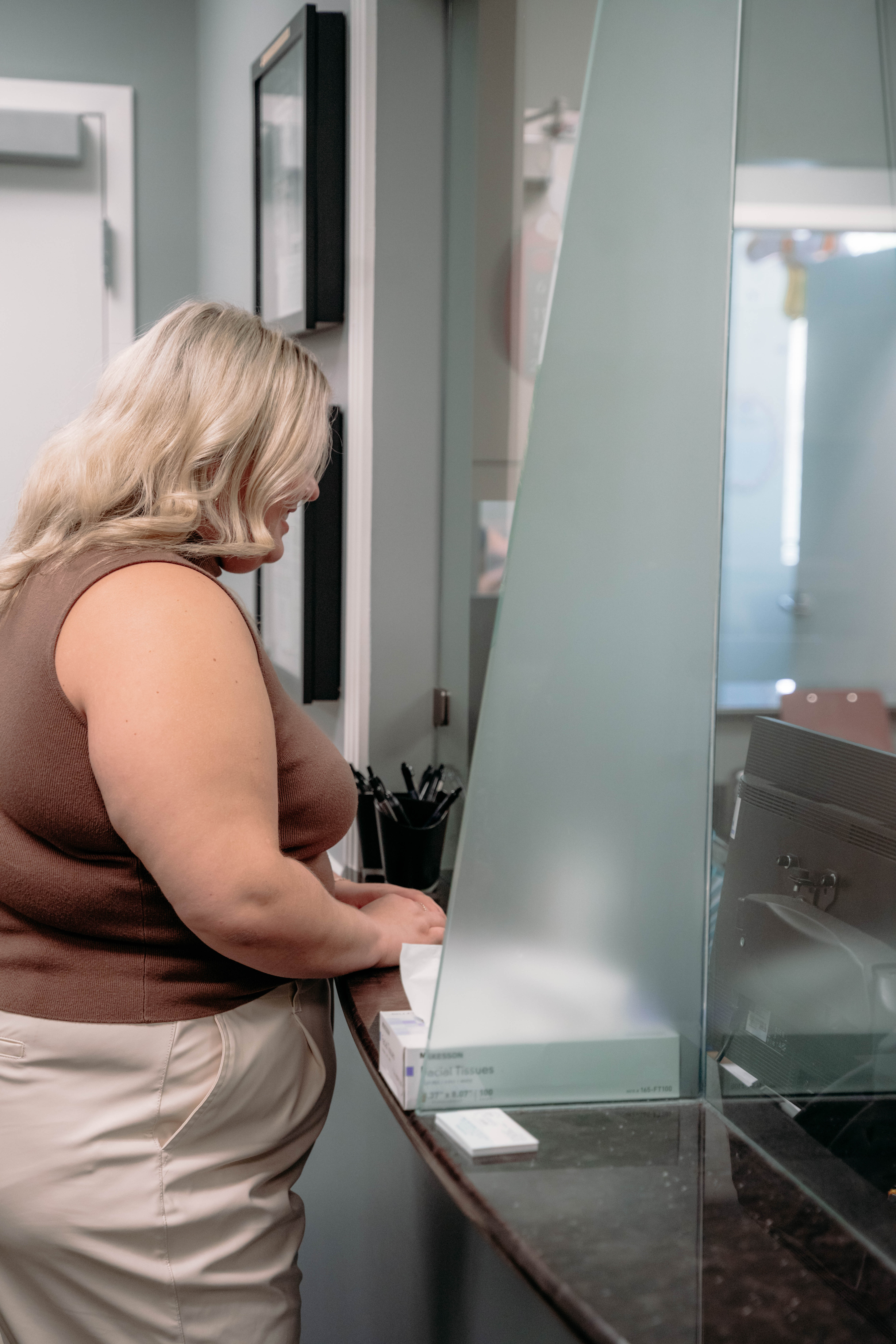There were 2.3 million women diagnosed with breast cancer and 685,000 deaths globally due to breast cancer in 2020. At the end of 2020, there were 7.8 million women alive who were diagnosed with breast cancer in the past 5 years making breast cancer the world’s most prevalent cancer. This is why Breast Cancer Awareness Month is still so important to us. We all can do our part to raise awareness and help to advocate for those faced with this diagnosis.
Overview
Breast cancer is a cancer that forms in the cells of the breasts. After skin cancer, breast cancer is the most common cancer diagnosed in women in the United States. It can occur in both men and women – however, it is more common in women.
The support for breast cancer awareness and research funding has helped to create advances in the diagnosis and treatment. Thankfully, survival rates have increased, and the number of deaths associated with this disease is steadily declining. Mostly due to factors like early detection, a more personalized approach to the treatment, and a better understanding of the disease.
Signs and symptoms of breast cancer:
- A lump in the breast or thickening that feels different from the surrounding tissue
- Changes in the size, shape, or appearance of a breast
- Changes to the skin over the breast, for instance, dimpling
- A recently inverted nipple
- Peeling, scaling, crusting, or flaking of the areola or breast skin
- Redness or pitting of the skin over your breast, similar to the skin of an orange
Causes
Breast cancer occurs when some breast cells begin to grow abnormally. These cells divide more rapidly than healthy cells and continue to accumulate, forming a lump or mass. Cells may metastasize through your breast to your lymph nodes or to other parts of your body.
Most often this kind of cancer begins with cells in the milk-producing ducts (invasive ductal carcinoma). It may also begin in the glandular tissue called lobules (invasive lobular carcinoma) or in other cells or tissue within the breast.
There are some identified hormonal, lifestyle, and environmental factors that may increase your risk. However, it is not exactly clear why some people who have no risk factors develop cancer, yet other people with risk factors never do. More than likely, it is caused by a complex interaction of your genetic makeup and your environment.
Inherited Breast Cancer
Doctors estimate that approximately 5 to 10 percent of breast cancers are linked to gene mutations passed through generations of a family.
The most well-known are breast cancer gene 1 (BRCA1) and breast cancer gene 2 (BRCA2), both of which significantly increase the risk of both breast and ovarian cancer. If you have a strong family history of cancer, your healthcare provider may recommend blood testing to identify specific mutations in BRCA or other genes that are being passed through your family.
Risk factors
Having one or more of the below risk factors does not necessarily mean you will get breast cancer. There are many women that have developed it who have no known risk factors other than simply being a woman.
Factors that are associated with an increased risk include:
- Being female. Women are much more likely than men are to develop breast cancer.
- Increasing in age. Your risks increase as you age.
- A personal history of breast conditions. If you’ve had a biopsy that found lobular carcinoma in situ (LCIS) or atypical hyperplasia of the breast, you have an increased risk of breast cancer.
- A personal history of breast cancer. If you’ve had breast cancer in one breast, you have an increased risk of developing cancer in the other breast.
- A family history of breast cancer. If your mother, sister, or daughter was diagnosed with it, particularly at a young age, your risks are increased. Still, the majority of people diagnosed have no family history of the disease.
- Inherited genes that increase cancer risk. Certain gene mutations that can increase your risks can be passed from parents to children. The most well-known gene mutations are referred to as BRCA1 and BRCA2. These genes can greatly increase your risk of breast cancer and other cancers, but they don’t make a diagnosis inevitable.
- Radiation exposure. If you received radiation treatments to your chest as a child or young adult, your risks are increased.
- Obesity. Being obese can increase your risks.
- Beginning your period at a younger age. Starting your period before age 12 increases your risk.
- Beginning menopause at an older age. If you began menopause later than most, that can factor into your risks of developing it. (Menopause can happen in your 40s or 50s, but the average age is 51 in the United States).
- Having your first child at an older age. Women who give birth to their first child after the age of 30 can increase their chances.
- Having never been pregnant. Women who have never been pregnant are at a greater risk.
- Postmenopausal hormone therapy. Women who take hormone therapy medications that combine estrogen and progesterone to treat the signs and symptoms of menopause have an increased risk of it as well. The risks decrease when you stop taking these medications.
- Drinking alcohol. Drinking alcohol increases your risks.
Prevention
Breast cancer risks can be reduced for women that are considered being at average risk. Here are some things you can do to try to minimize your risk.
- Ask your doctor about cancer screenings and discuss the benefits and risks of screening.
- Be sure to do regular self-exams of your breasts. It will help you identify any changes in your breasts.
- Limit your alcohol consumption. Try not to drink more than one drink a day, if you do choose to drink.
- Try to get in at least 30 minutes of exercise each day (or at least most days of the week).
- Limit postmenopausal hormone therapy. Combination hormone therapy may increase your risks. Talk with your doctor about the benefits and risks of hormone therapy.
- Maintain a healthy weight. If you need to lose weight, consult with your doctor to find ways to reach your healthy weight goals.
- You can reduce your risks by choosing a Mediterranean diet
Support
If you or someone you love is facing a breast cancer diagnosis, there are many resources that offer support. Sometimes reaching out to those that have been through similar experiences, can be helpful to you while you or your loved one navigates through this time.
Talk with your healthcare provider about any concerns you may have. If you detect any changes in your breasts consult with your doctor. The sooner the better! Early detection is key in the fight against cancer. OB-GYN Women’s Centre is committed to the care and treatment of every woman.




